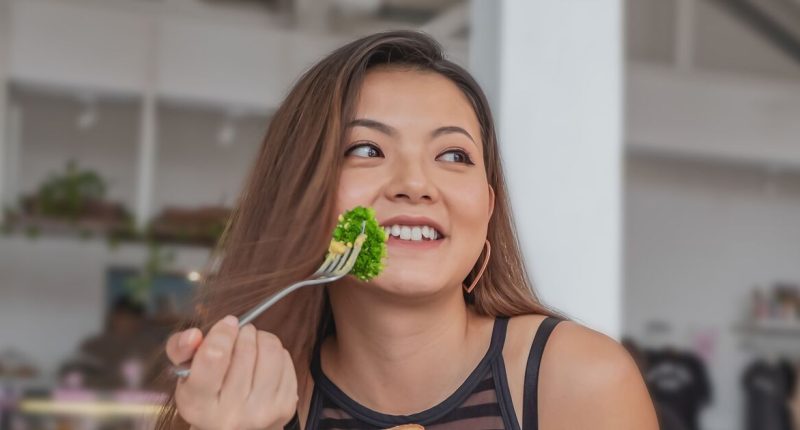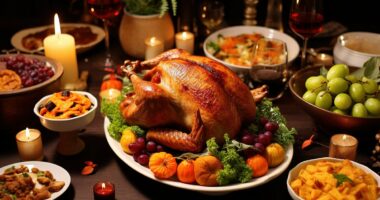Share this @internewscast.com
Eating more of two types of foods could be key to lowering your blood pressure, a new study has found. This could be even more effective that just slashing your salt intake.
High blood pressure, or hypertension, is a condition where the force of blood pushing against your artery walls is consistently too high. This can lead to damage to your heart and blood vessels over time, and raise your risk of heart attacks and strokes.
In the UK it is thought around one in three adults is living with high blood pressure, which is often referred to as a “silent killer” due to the fact it rarely presents with symptoms. A major contributing factor to high blood pressure is diet, with foods high in salt the worst culprits.
Now research has pinpointed two specific foods that could help lower blood pressure even more than lowering how much salt you eat. These foods are rich in potassium, a mineral that has long been know to help combat hypertension.
Researchers from the University of Waterloo in Canada, who published their study in the American Journal of Physiology-Renal Physiology, suggested that eating more bananas and broccoli is the way to go.
Anita Layton, professor of applied mathematics, computer science, pharmacy, and biology, said: “Generally, when we have high blood pressure, we are advised to eat less salt. Our research suggests that adding more potassium-rich foods to the diet, like bananas or broccoli, could have a greater positive impact on blood pressure than simply reducing sodium.”
Both potassium and sodium are electrolytes, substances that help the body send electrical signals to contract muscles, affect the amount of water in the body, and perform other essential functions. More specifically, potassium helps your body process out more sodium through urine, which can help lower blood pressure.
Additionally, potassium can relax blood vessel walls, further contributing to blood pressure reduction. Melissa Stadt, a doctoral candidate in the Department of Applied Mathematics, added: “The first humans ate a lot of fruits and vegetables and, as a result, our body’s regulatory systems may have evolved to function better with a diet high in potassium and low in sodium.”
Typical Western diets today tend to be much richer in sodium and lower in potassium. This could explain why high blood pressure primarily occurs in industrialised societies rather than isolated ones.
While previous research found that increasing potassium intake can help control blood pressure, Layton and Stadt developed a mathematical model that successfully identifies how the ratio of potassium to sodium affects the body.
The model developed by Layton and Stadt for the study also identifies how your gender can affect the relationship between potassium and blood pressure. The study showed that men develop hypertension more easily than pre-menopausal women but are also more likely to respond positively to a higher potassium-to-sodium ratio.
Other foods rich in potassium include dried apricots, leafy greens, potatoes, avocados, oranges and melons. To lower your blood pressure, the NHS recommends you:
- Have a healthy, balanced diet
- Exercise regularly – aim to do at least 150 minutes of exercise a week
- Lose weight if you’re overweight
- Do not eat too much salt – avoid salty food or adding salt to your meals
- Do not drink too much alcohol – avoid drinking more than 14 alcohol units a week on a regular basis
- Do not drink too much caffeine – drinks high in caffeine include coffee, tea and cola
- Do not smoke.
If you are concerned about your blood pressure, you should speak to your GP.














